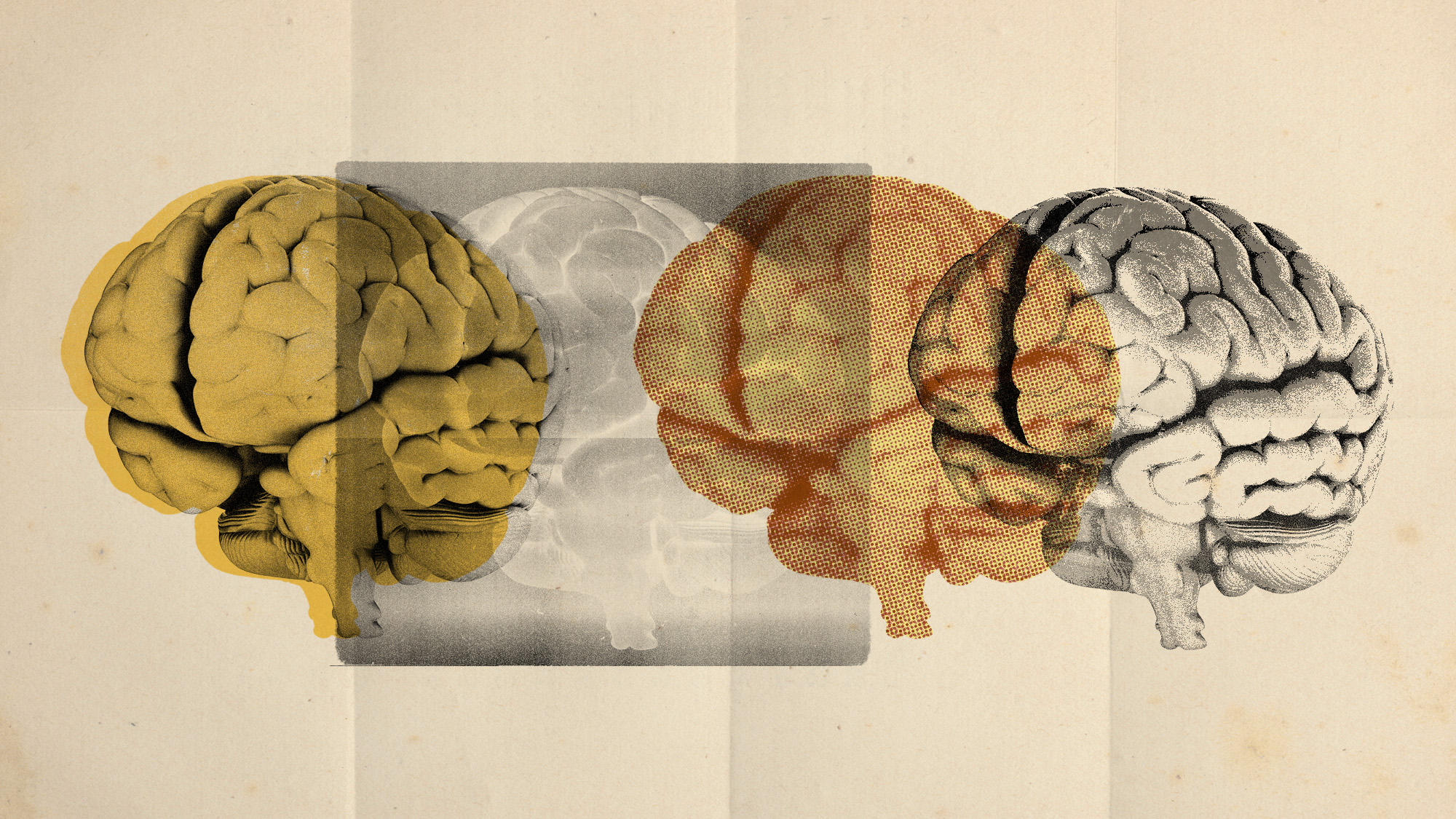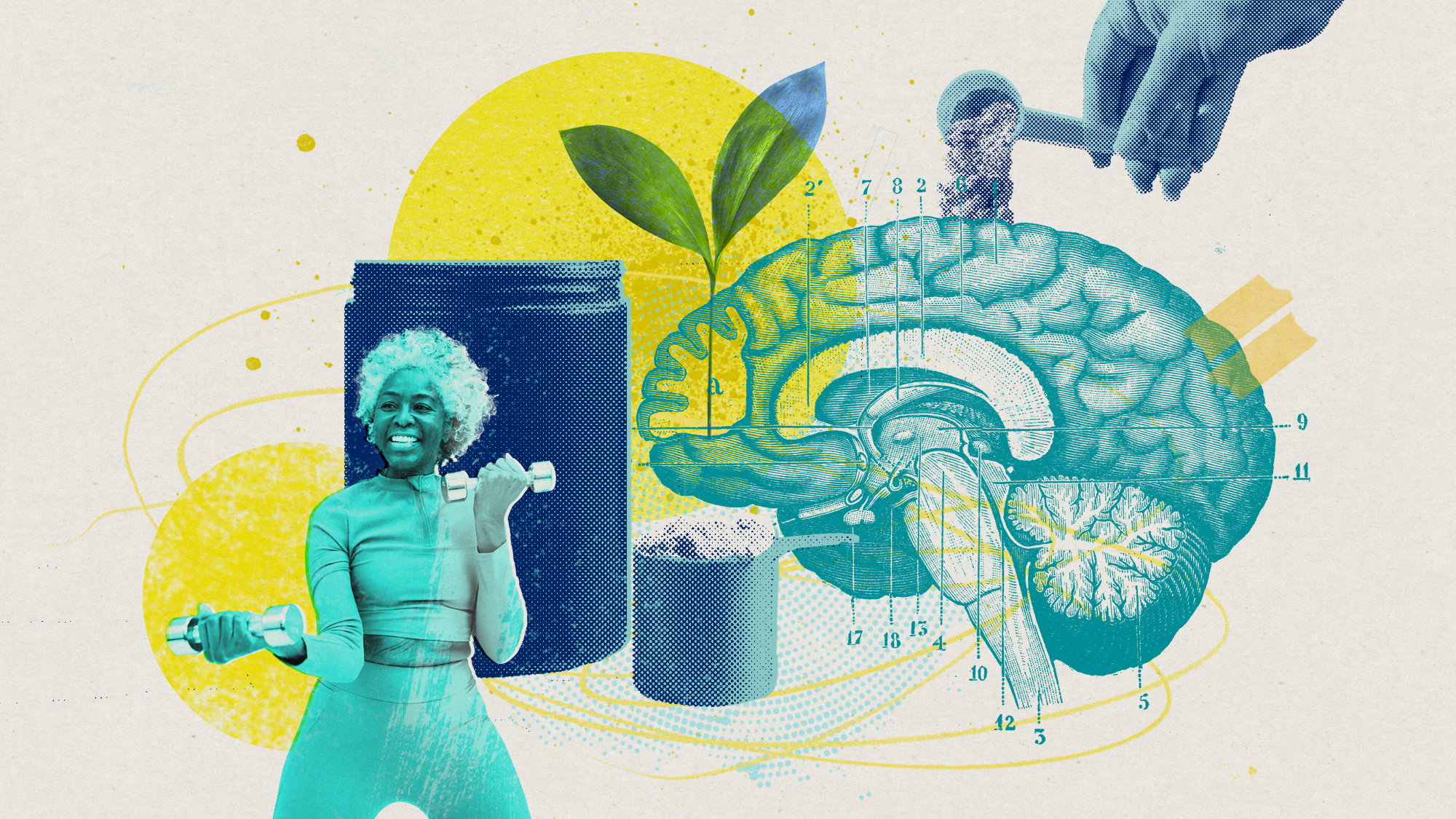What is the key to happiness?
Feeling good more closely linked to mental health than economic factors, say academics

A free daily email with the biggest news stories of the day – and the best features from TheWeek.com
You are now subscribed
Your newsletter sign-up was successful
Good mental health and relationships are a stronger determining factor of happiness than financial status, according to a new study by the London School of Economics (LSE).
Researchers found that widespread elimination of depression and other mental illnesses reduced unhappiness by 20 per cent, while an increase in financial wealth only had a five per cent impact.
Economist Lord Richard Layard, who led the study, said the report aimed to "revolutionise how we think about human priorities" and promote the "burgeoning new science of 'subjective wellbeing'", rather than relying on the common belief that happiness is linked to finances.
The Week
Escape your echo chamber. Get the facts behind the news, plus analysis from multiple perspectives.

Sign up for The Week's Free Newsletters
From our morning news briefing to a weekly Good News Newsletter, get the best of The Week delivered directly to your inbox.
From our morning news briefing to a weekly Good News Newsletter, get the best of The Week delivered directly to your inbox.
"The evidence shows that the things that matter most for our happiness and for our misery are our social relationships and our mental and physical health," he said. "This demands a new role for the state – not 'wealth creation' but 'wellbeing creation'."
Layard also commented on the role of the state in the wellbeing of its citizens, indicating there has been a shift in priorities in recent decades.
"In the past, the state has successively taken on poverty, unemployment, education and physical health. But equally important now are domestic violence, alcoholism, depression and anxiety conditions, alienated youth, exam-mania and much else. These should become centre stage," he said.
The report also argued that treating mental illness at a societal level would not cost the country money, due to the financial benefits that would be felt should anxiety and depression be reduced among the population.
A free daily email with the biggest news stories of the day – and the best features from TheWeek.com
"Although living standards have vastly improved in the last forty years, levels of enjoyment from life have stayed static for people in Australia, Germany, the US, and the UK," says The Independent.
-
 What is the endgame in the DHS shutdown?
What is the endgame in the DHS shutdown?Today’s Big Question Democrats want to rein in ICE’s immigration crackdown
-
 ‘Poor time management isn’t just an inconvenience’
‘Poor time management isn’t just an inconvenience’Instant Opinion Opinion, comment and editorials of the day
-
 Bad Bunny’s Super Bowl: A win for unity
Bad Bunny’s Super Bowl: A win for unityFeature The global superstar's halftime show was a celebration for everyone to enjoy
-
 ‘Longevity fixation syndrome’: the allure of eternal youth
‘Longevity fixation syndrome’: the allure of eternal youthIn The Spotlight Obsession with beating biological clock identified as damaging new addiction
-
 RFK Jr. sets his sights on linking antidepressants to mass violence
RFK Jr. sets his sights on linking antidepressants to mass violenceThe Explainer The health secretary’s crusade to Make America Healthy Again has vital mental health medications on the agenda
-
 The app tackling porn addiction
The app tackling porn addictionUnder the Radar Blending behavioural science with cutting-edge technology, Quittr is part of a growing abstinence movement among men focused on self-improvement
-
 Scientists have identified 4 distinct autism subtypes
Scientists have identified 4 distinct autism subtypesUnder the radar They could lead to more accurate diagnosis and care
-
 'Wonder drug': the potential health benefits of creatine
'Wonder drug': the potential health benefits of creatineThe Explainer Popular fitness supplement shows promise in easing symptoms of everything from depression to menopause and could even help prevent Alzheimer's
-
 Fly like a breeze with these 5 tips to help cope with air travel anxiety
Fly like a breeze with these 5 tips to help cope with air travel anxietyThe Week Recommends You can soothe your nervousness about flying before boarding the plane
-
 RFK Jr.'s focus on autism draws the ire of researchers
RFK Jr.'s focus on autism draws the ire of researchersIn the Spotlight Many of Kennedy's assertions have been condemned by experts and advocates
-
 Mental health: a case of overdiagnosis?
Mental health: a case of overdiagnosis?Talking Point Issues at 'the milder end of the spectrum' may be getting wrongly pathologised